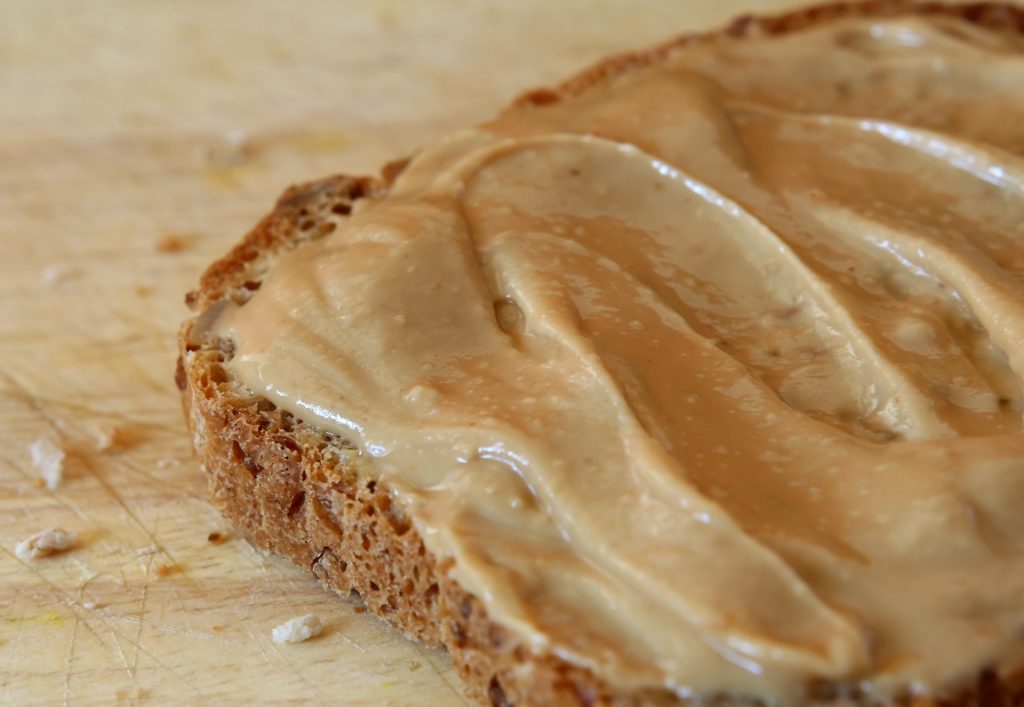Niacin is a water-soluble B vitamin that plays a major role in energy production, proper digestion, and promoting normal appetite. Also, niacin can help maintain healthy skin and nerves. Since it is a water-soluble vitamin, it cannot be stored in the body and needs to be consumed daily.

How much do I need?
- 16 milligrams per day for adult males
- 14 milligrams per day for adult females
For recommendations for infants, children, and teens, check out the chart in CSU Extension’s fact sheet Water-Soluble Vitamins: B-Complex and Vitamin C.
Food sources
Niacin is found in animal products including fish, meat, poultry and liver. Other good sources of niacin include peanuts, whole grains and enriched grain products. Three ounces of tuna provides about a third of your daily niacin need.
What happens if I don’t get enough?
Niacin deficiency is not a major concern in the United States. However, it can occur in those with low calorie intake, low protein diets, and diets high in refined carbohydrates. It is also common in individuals with alcoholism. Serious niacin deficiencies can cause pellagra, a disease resulting in symptoms such as cramps, nausea, mental confusion, and skin problems.
Can I get too much?
There is very little risk of getting too much niacin through foods. Large doses of niacin from supplements can cause flushed skin, nausea, vomiting, and even liver damage.
Did You Know?
Two tablespoons of peanut butter provides about a fourth of your daily niacin needs.
- Add it to apples, celery, or bananas for a great afternoon snack
- Add to oatmeal for a healthy texture change
- Put it on whole wheat toast, crackers or bagel for a nutritious topping
- Consider adding peanut butter to your diet for many nutritional benefits

